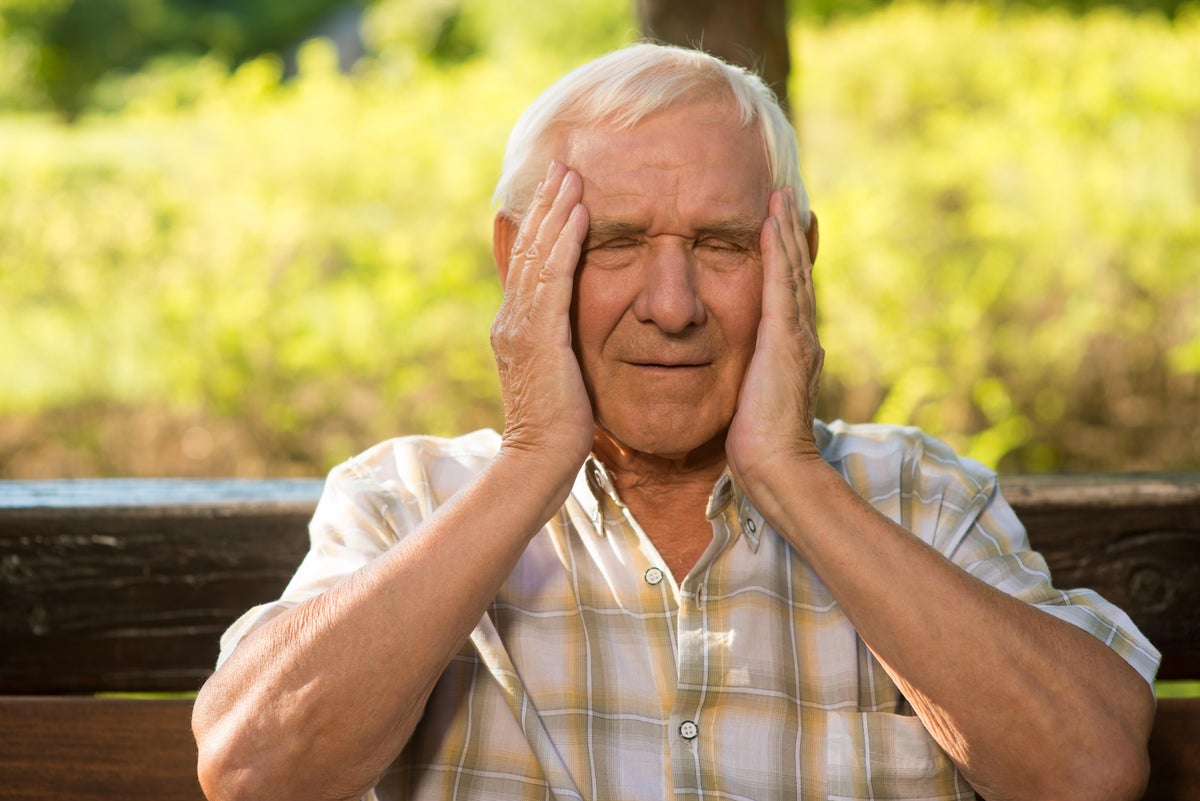
A headache can strike at any time, and they’re often more common during the warmest days of summer – particularly when the mercury soars in the midst of a heatwave.
“Headaches can be triggered by a multitude of factors,” says Dr Steve Allder, consultant neurologist at Re:Cognition Health (recognitionhealth.com). “Ranging from genetics, diet, food intolerances, hunger and allergies, through to hormones, lifestyle, weather conditions, environment, fatigue, sleep disturbance or deprivation, strenuous exercise, dehydration and wider medical issues.”
Remember, if recurring or painful headaches are bothering you, it’s always best to speak to your GP, so they can give you the most appropriate advice for you. But if you’re looking for ways to relieve a nuisance headache – without having to resort to painkillers and pills – there may be other options that could help.
Experts outline nine ways to treat a headache without taking painkillers…
1. Drink water
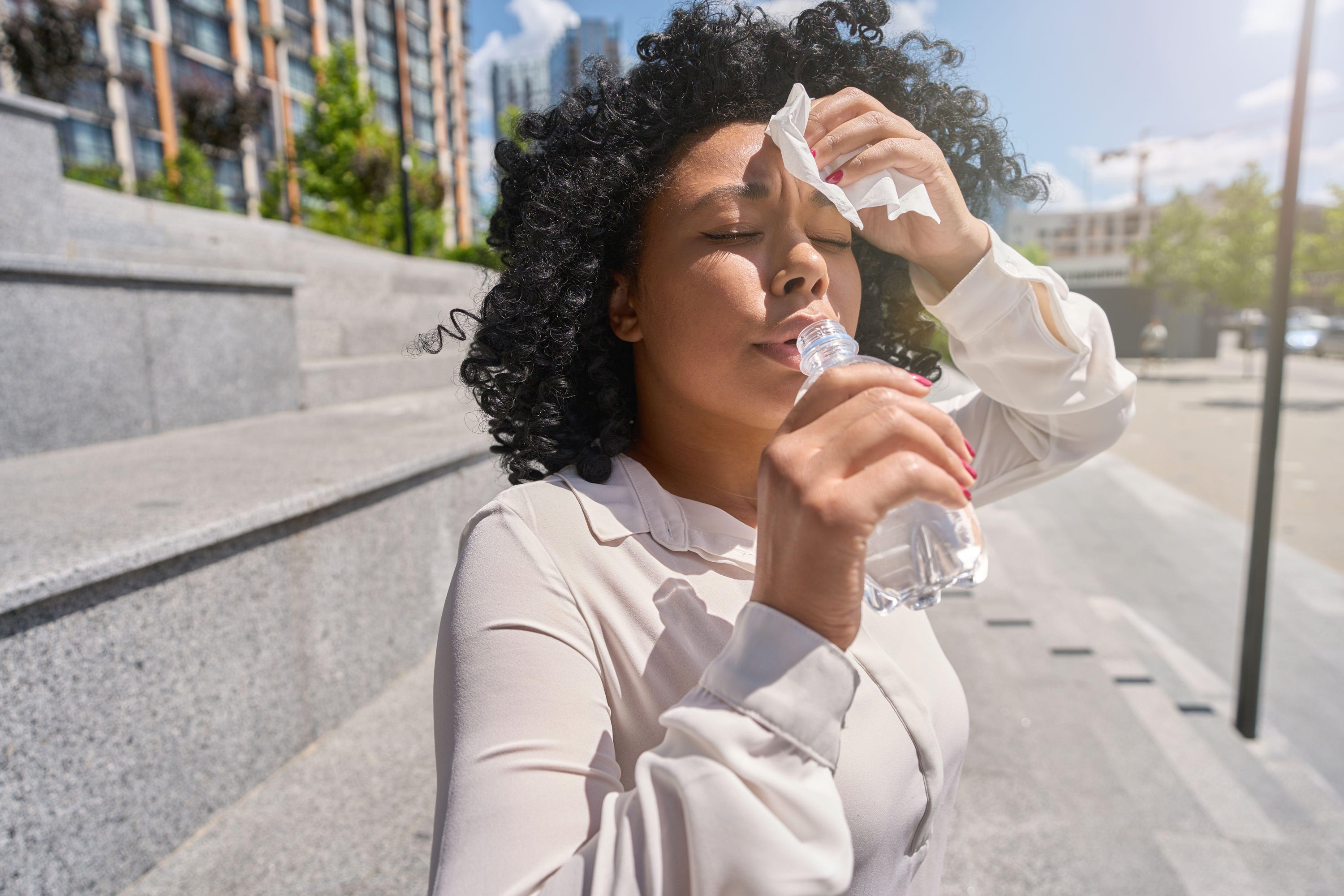
“Dehydration is a well recognised trigger for episodic headaches and worsens chronic headaches,” says Dr Anita Krishnan, consultant neurologist and divisional clinical director at The Walton Centre NHS Foundation Trust (thewaltoncentre.nhs.uk). “People who are prone to headaches should aim to keep well hydrated and drink two to three litres of water over the day.”
Allder adds: “Drink more in hot weather and when exercising, as water is lost through perspiration.”
A good way to check if you need to up your water intake? Check the colour of your pee: if it’s on the darker side, you could well be dehydrated.
2. Be mindful of your blood sugar
Low blood glucose levels, called hypoglycemia, can lead to headaches, although the exact reason is not clearly understood.
“Migraine and cluster headaches can also be triggered by low glucose levels,” says Dr Deborah Lee from Dr Fox Online Pharmacy (doctorfox.co.uk). “Any adult who suspects their headache could be due to a low blood glucose level might benefit from taking 15g dose of glucose immediately. This could be three or four glucose tablets, three boiled sweets, four or five jelly babies, or half a cup of a fizzy drink (not sugar-free).”
However, for people with diabetes – or other health conditions that may affect blood glucose levels – it’s important to only follow healthcare advice that’s specific to your needs. “A diabetic with a low blood sugar should follow their GP’s advice, as this is a medical emergency,” notes Lee.
3. Get some sleep
You might find that a short nap or heading to bed earlier than usual helps to alleviate a headache. “When a person has a severe headache, the most common type being migraine, sleep does help in recovery from that attack,” explains Krishnan.
Experts agree that one of the best ways to prevent headaches is to make sure you get enough sleep each night.
Allder says: “Studies have suggested that a lack of REM sleep, which occurs in 90 to 120 minute intervals throughout the night, is linked to more painful headaches, and sleep deprivation increases the production of proteins that cause chronic pain and can lead to painful migraines.”
4. Avoid trigger foods
In the case of migraines, people affected often learn which foods can cause their symptoms to strike or worsen.
“Some of the most commonly reported food triggers are dairy products including cheese, processed meats, sugar, chocolate, alcohol and caffeine,” says Dr Leila Dehghan, a doctor turned nutritionist at Plant Based Health Professionals (plantbasedhealthprofessionals.com).
5. Beware of caffeine withdrawal
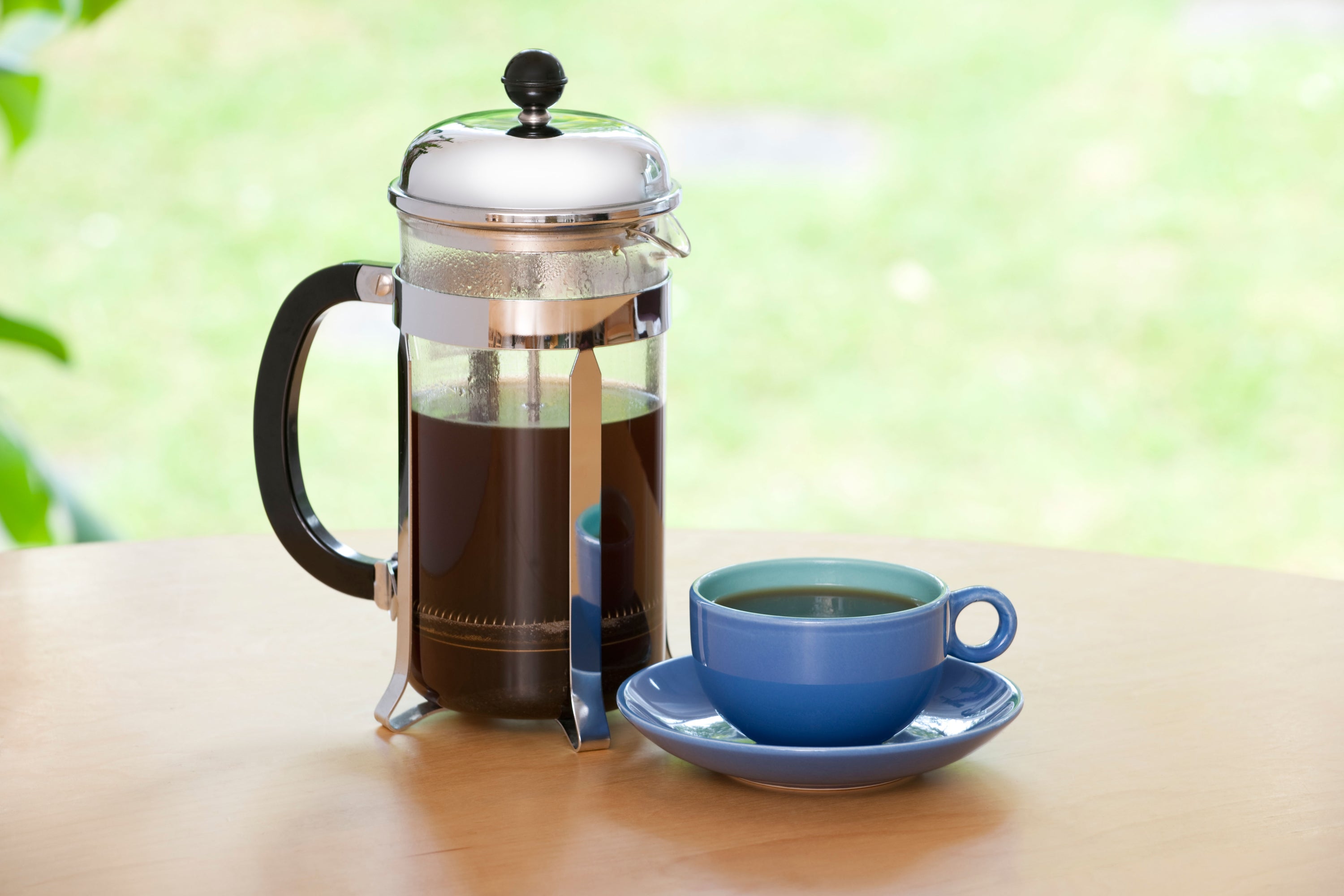
“Caffeine withdrawal can trigger a painful, intense and throbbing headache,” says Dr Bryony Henderson, Lead GP at Livi (livi.co.uk). “This is sometimes accompanied with feeling nauseous, anxious and irritable.”
If this sounds like an issue for you, it might be best not to go cold turkey if you’re a coffee lover but want to reduce your caffeine intake.
“Cut down slowly over a period of six weeks,” Henderson suggests. “You can try making your coffee more watery, have smaller cups, or replace the drink with tea or decaffeinated.”
6. Shade your eyes
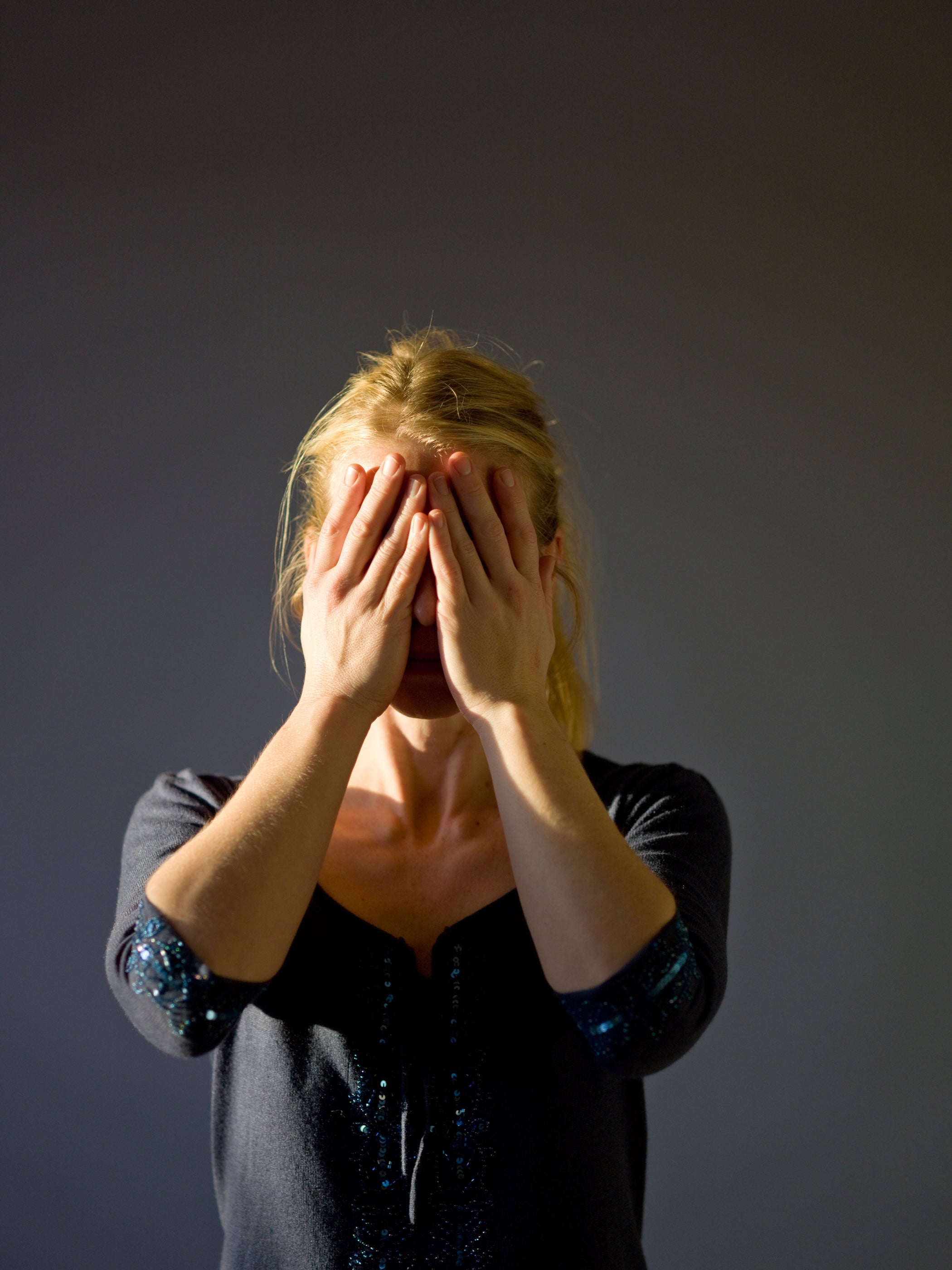
“Bright lights, especially flickering lights and glare, can cause migraine headaches,” says Dr Nabila Jones, optometrist and researcher for specialist eye hospital group Optegra (optegra.com). “To help manage this, sit in a dark room and shade your eyes.”
What if you’re out in the sun when a headache hits? “If you are outside, sunglasses and polarised lenses can help reduce light intensity and glare, which will help reduce pain levels.”
7. Avoid strong smells
Have you ever noticed the way certain smells that you usually enjoy, like perfume or strongly flavoured foods, become unbearable when you’ve got a headache?
“This hypersensitivity to odours is called osmophobia and is common in those with chronic migraines,” explains Suzie Sawyer, clinical nutritionist and health expert at Nature’s Way (natures-way.com). “If you think you may be sensitive to smells, avoiding perfumes, cigarette smoke and strongly scented foods may help decrease your chance of getting a migraine.”
8. Apply an ice pack
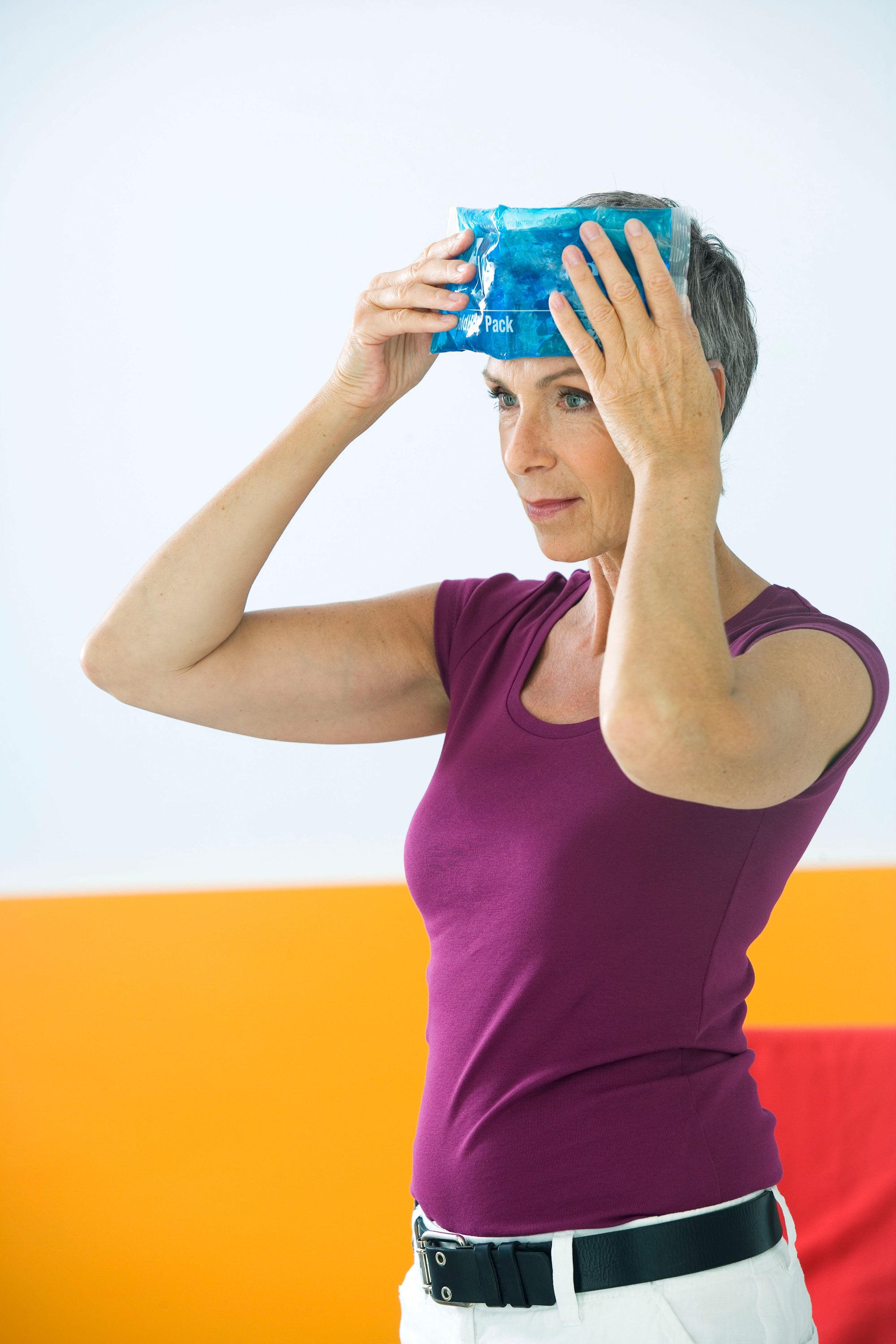
There are lots of ice and cooling-based products on the market promising to cure headaches, but do they really work?
“They provide temporary relief only in headaches such as cluster headaches and migraine,” says Krishnan – but be careful, as applying anything too cold may have not have the desired effect.
“If someone has trigeminal neuralgia [a type of facial pain], cold temperatures and therefore ice packs can trigger off pain,” notes Krishnan.
9. Do some exercise
While strenuous exercise can sometimes cause a headache or make it worse, for some people, getting moving can be a helpful source of pain-relief.
“When we exercise, our body releases endorphins, a natural painkiller which can help alleviate pain from a headache once underway,” explains Allder. “Don’t forget to keep hydrated and drink plenty of water, as dehydration can exacerbate the pain. And don’t overdo it, especially in the heat.”
Always consult your doctor if you are experiencing ongoing or worsening symptoms and need personalised health advice.







